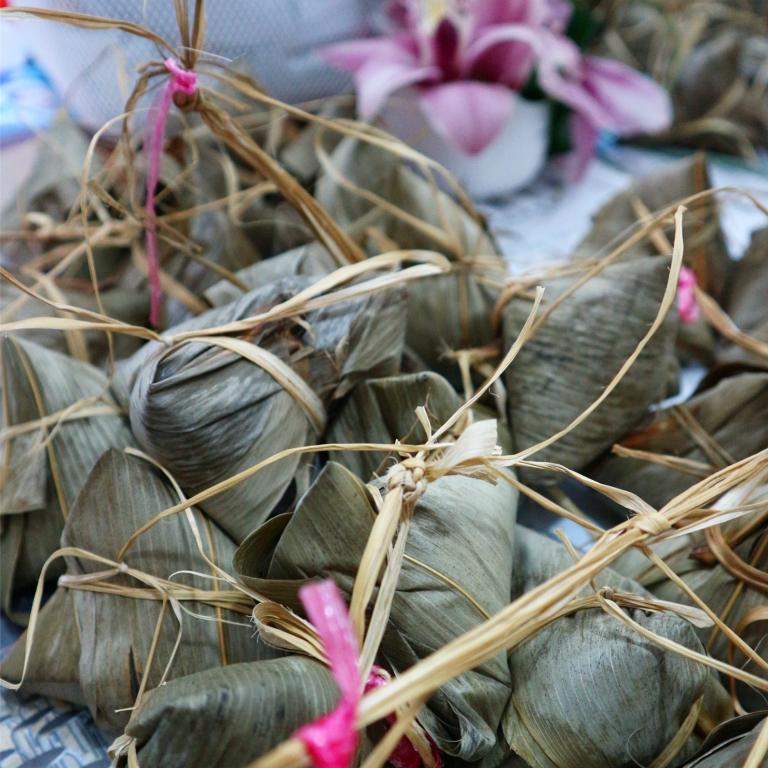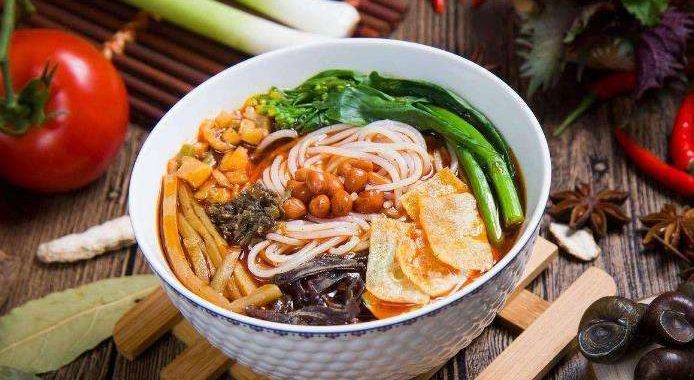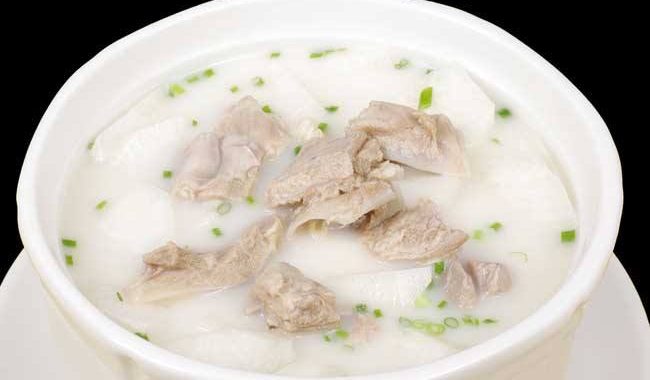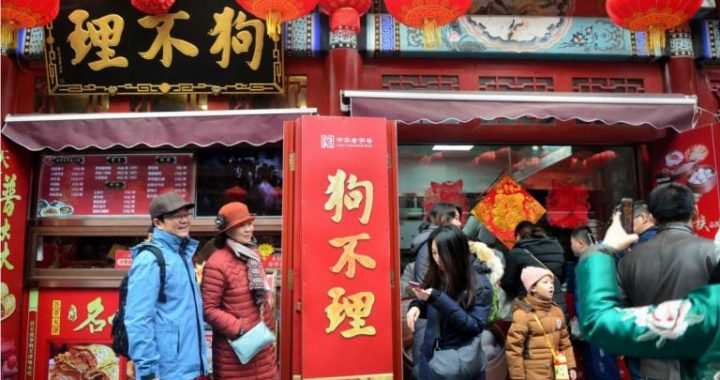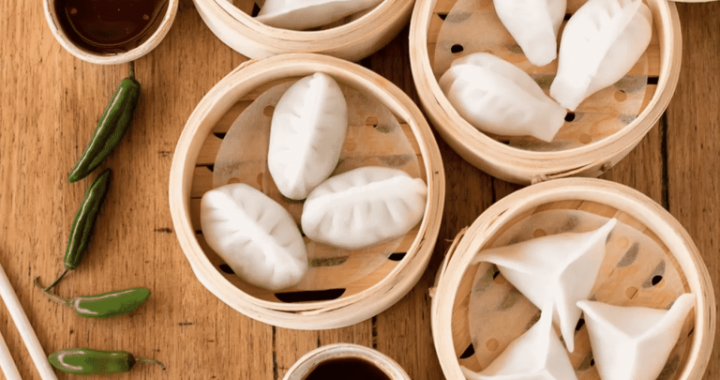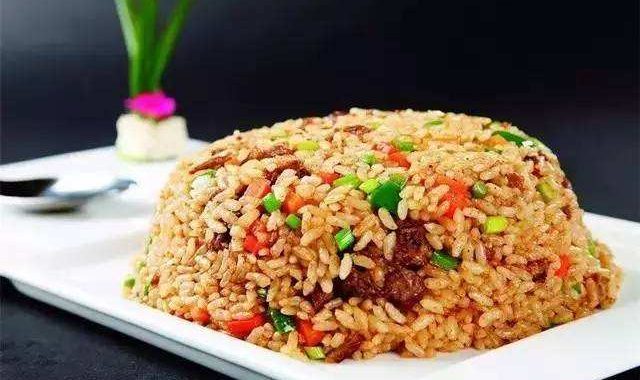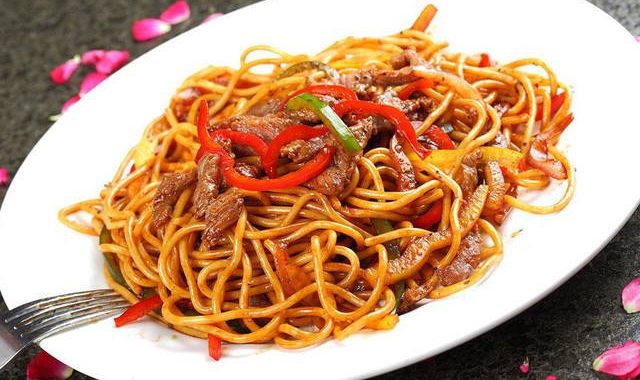Warmth and Hospitality Expressed by Food
2 min readIn the West, a separate meal for each person has been the practice since ancient times Even at a banquet, people take what they like for themselves rather than sharing dishes With ever-widening opening up to the outside world, this Western culinary practice has exerted a certain influence on China, yet has not basically changed the eating habits of the Chinese people. In the eyes of the Chinese what is important about eating, especially at festivals, is to eat in a certain atmosphere andwith certain sentiments. In the process, the oldand young sit in order of seniority, talking and laughing in a joyous atmosphere, where the elders select food for the young, and the youn make toasts to the elders. It is a lively, warm and harmonious family reunion
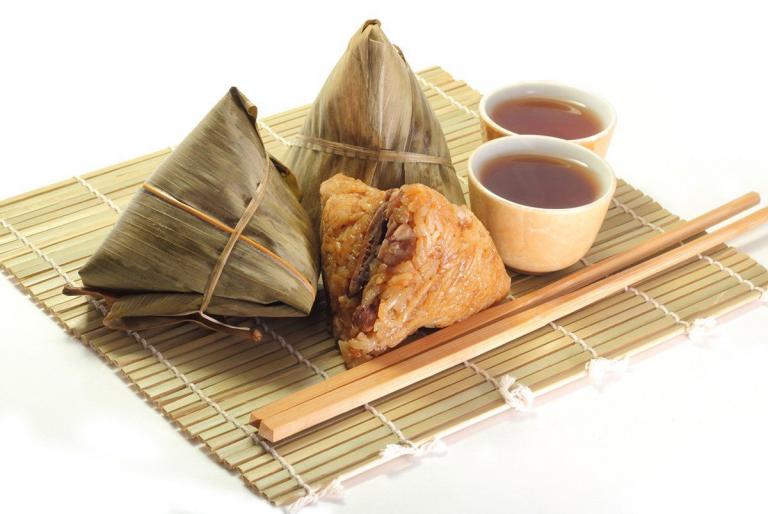
A hostess or host in China would apportion the dishes to treat guests. Using a pair of serving chopsticks, she or he offers the best part of a steamed fish to the most important guest. Such customs of arranging dishes are still popular among elder Chinese, as a way of expressing respect, concern and hospitality Such culinary customs have had a certain influence on the character of the Chinese people. In a sense, it has strengthened the collective spirit of the nation At a party or a banquet, everyone first takes into consideration the needs of the group; with the eating process also being a time to show humility and concern for others. This is different from Western eating habits, which pay more attention to individual needs In China, people are particularly concerned with what foods to eat during festivals. At different festivals, people partake of different fare.
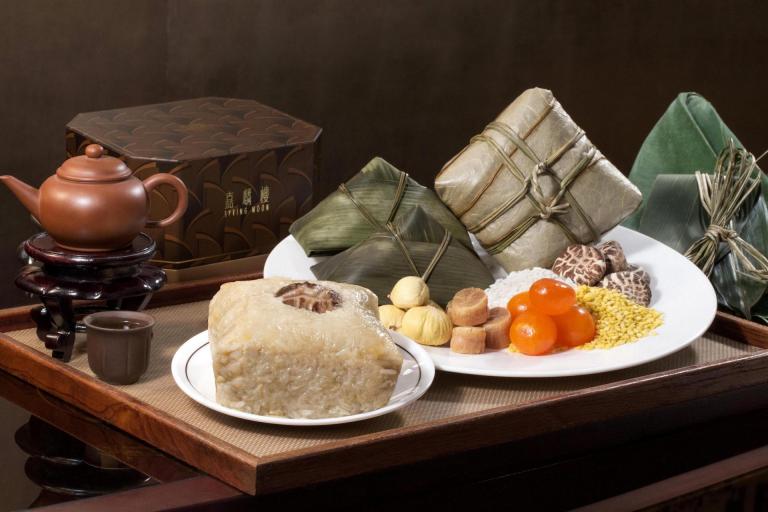
For example, on the eve of the Spring Festival, people in the north choose jiaozi, meat and vegetable dumplings, at family reunion-bidding farewell to the old year andwelcoming the New Year. The Lantern Festival is a day of celebration, and on this day people choose to eat yuanxiao, sweet dumplings made of glutinous rice flour, to symbolize family reunion and perfection. At the Duanwu Festivalpeople eat zongzi, glutinous rice wrapped in reed leaves in a triangular shape to commemorate the beloved poet Qu Yuan(c. 339-C.278 BC), who drowned himself in the Miluo river after being politically wronged. Legend has it that people at the time threw zongzi into the river in hopes that the water dragon would not take him away. This later gradually developed into the custom of making and eating zongzi for the duanwu Festival
